Making informed decisions about care and treatment for cerebral palsy (CP) can be overwhelming, especially with the vast amount of medical research available. Through this guide, we aim to help you better understand the types of research you may encounter and provides practical tips for evaluating studies relevant to CP.
Welcome to That Mom With CP-a space created to celebrate and support mothers with cerebral palsy through shared stories, adaptive parenting tips, and honest conversations about self-care and disability.

For as long as I can remember, I dreamed of being a mama and for equally as long, I just couldn’t comprehend the dream coming true, for me. Yet, I had NO frame of reference or role models for mamas with CP.
Discover how living with cerebral palsy has made me a more patient, adaptable, and intentional mom—and why disability can be a strength, not a setback.

An honest, uplifting look at motherhood with CP — what I feared, what I learned, and how becoming a disabled mom became my greatest strength.

In Episode 4 of Coffee Talk, Nathalie and Jen discuss research and clinical trials.
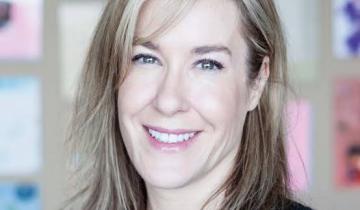
Living with CP taught Dr. Kathleen Friel much about educating others about her disability and now about her life threatening diagnosis of Metastatic Breast Cancer.

Breast cancer is a major cause of mortality in women. Screening has been known to improve early detection for early treatment. Women with disabilities face many physical and attitudinal barriers to mammogram screenings. This webinar has been created to address the educational needs of technologists and to give women with cp and disabilities visual accurate information about the procedure.
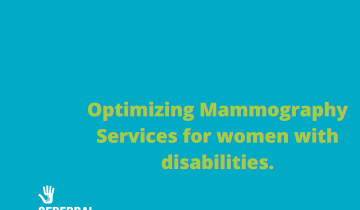
It’s SMART to think about what you might want to discuss at your next doctor’s appointment. Here are some suggestions

This fact sheet is a sexual and reproductive health guideline for providers treating young women with cerebral palsy.
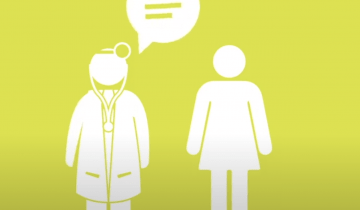
Up to 50% of adolescents with cerebral palsy have an intellectual disability, as well as a physical disability. Adolescents with intellectual disabilities still need sexual health education, they just need it in a way that's more individualized so that they can understand it and use it.
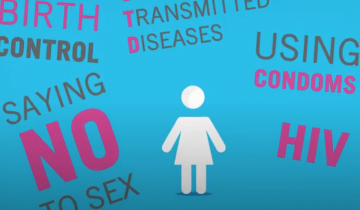
As 20% of women with CP surveyed experienced pregnancy, there is a need to increase awareness, education, support, and advocacy for achievement of optimal reproductive health.
5 things for women with Cerebral Palsy to consider when preparing for their OB/GYN appointment
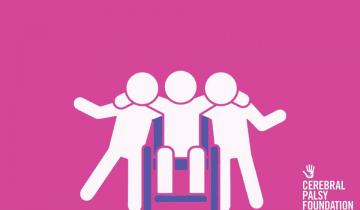
It’s SMART to think about what you might want to discuss at your next doctor’s appointment. Here are some suggestions
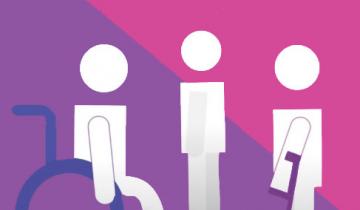
This fact sheet has been created for women with cerebral palsy to provide answers to some common questions about CP, disability, and gynecological care.
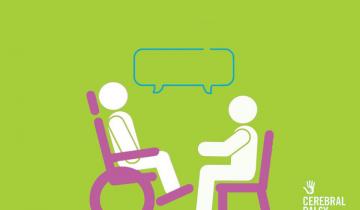
When I was considering going on birth control a few years ago, I wanted to find out how, if at all, my cerebral palsy would cause certain side effects. However, to my dismay, there weren’t any resources available that addressed the complexities a woman with cerebral palsy might encounter when going on any form of birth control.
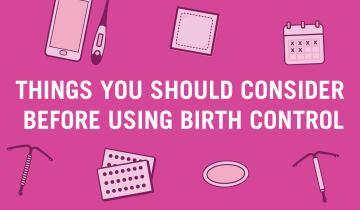
Individuals with Cerebral Palsy and other disabilities have diverse sexual identities as well. Learning from each other's experiences can lead to honest conversations and acceptance.

